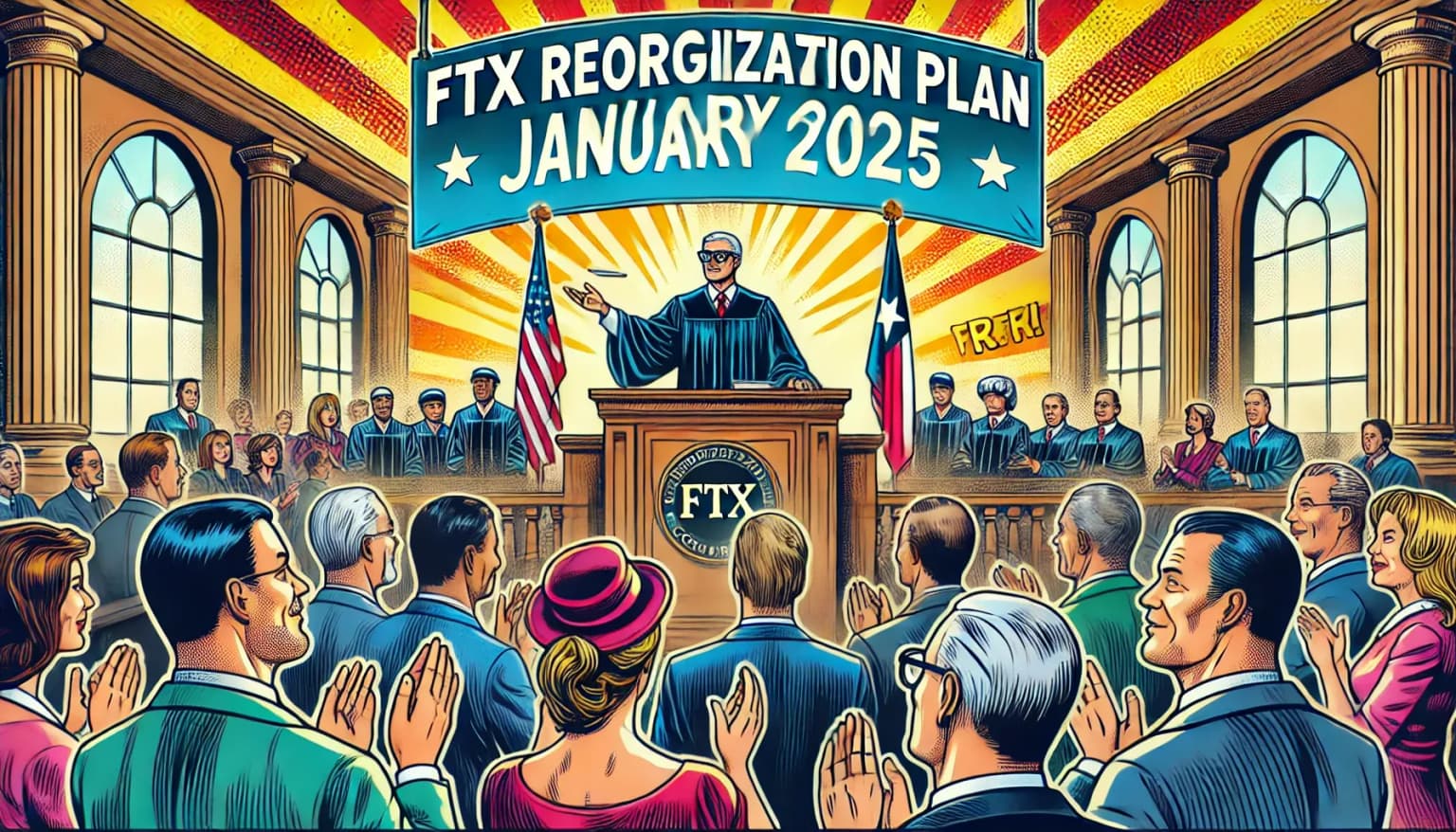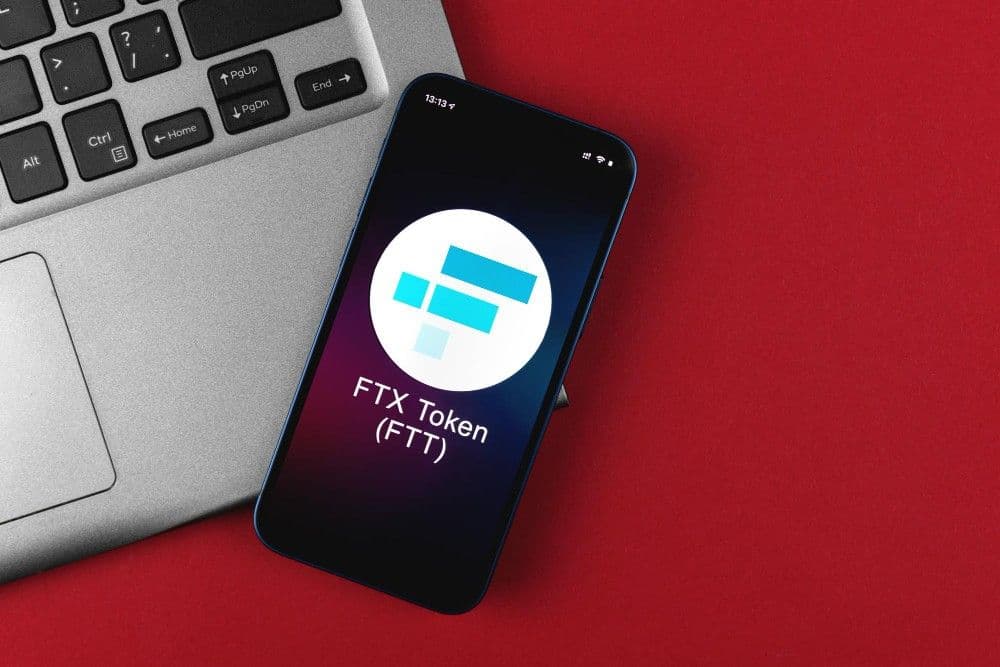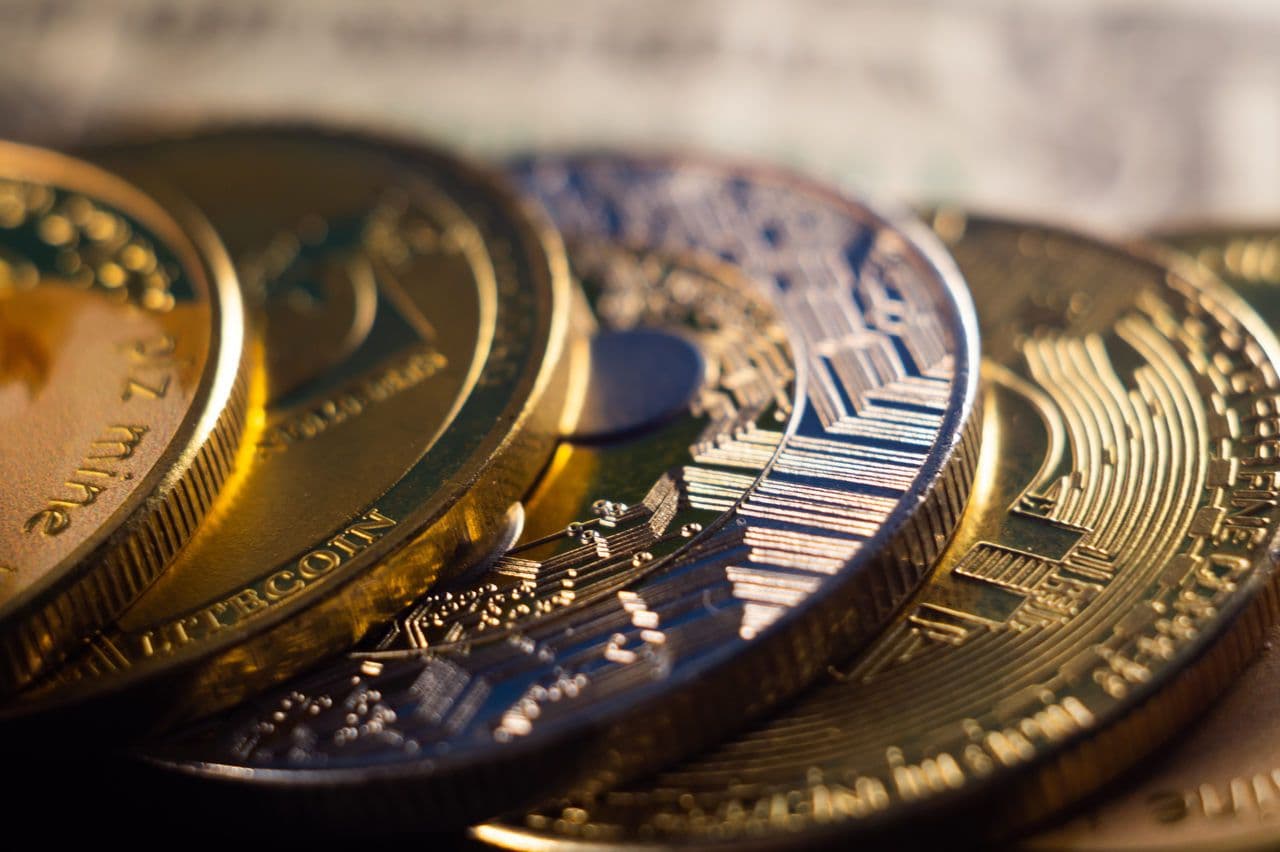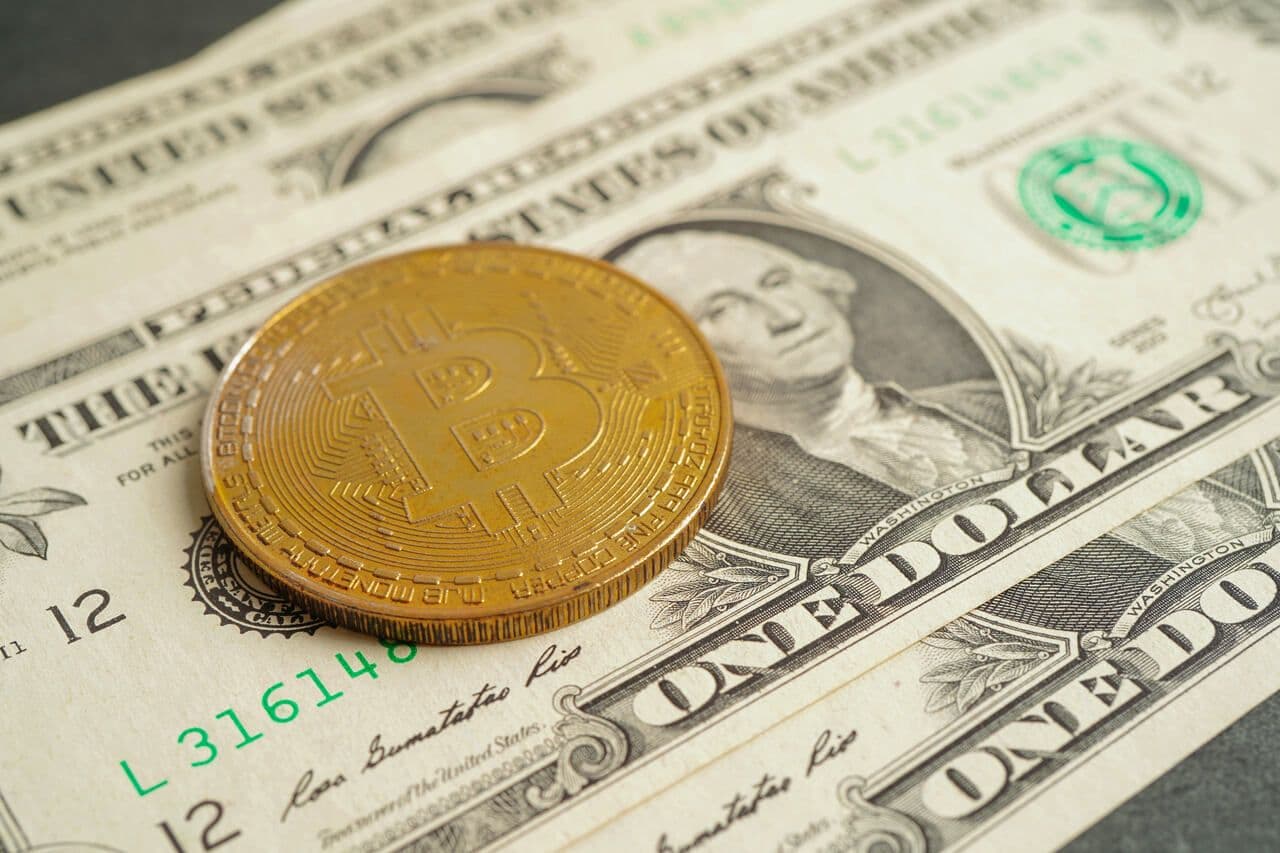Delaware Judge Clears FTX Bankruptcy Plan
FTX creditors are set to receive all their money back in cash, plus a little extra.

The recent approval of FTX's bankruptcy plan by a Delaware judge marks a major milestone in the company's legal journey. This decision is significant because it ensures that most creditors of the once-prominent cryptocurrency exchange will get their money back, with some even receiving more than expected. The court's approval offers a path forward for FTX to resolve its financial obligations and brings closure to one of the biggest bankruptcies in the crypto industry. This article will explore the details of the plan and what it means for creditors and the future of FTX.
Delaware Judge Approves FTX Bankruptcy Plan
According to reports, on Monday, a U.S. court approved FTX's bankruptcy plan, which will allow most customers of the crypto exchange to recover the value of their 2022 losses, with some even receiving more than anticipated.
This ruling finalizes FTX's second revised bankruptcy plan, initially filed in September, which received overwhelming support—96% of creditors by number and 98% by the value of their claims. According to the plan, customers will receive cash payments equivalent to an average of 118% of their holdings' value at the time of FTX's bankruptcy filing in November 2022.
Some creditors could see up to 140% returns, as noted by the estate's legal team. While these payouts exceed what many expected two years ago, they fall short of the value growth experienced by Bitcoin (BTC) and other cryptocurrencies during FTX's bankruptcy proceedings.
In a nearly six-hour session, Judge John T. Dorsey of the U.S. Bankruptcy Court for the District of Delaware reviewed remaining objections to the plan. These objections included concerns from companies like Celsius and Layer Zero, as well as individual creditors, some of whom were self-represented.
Their issues revolved around the estate's decision to repay creditors in cash rather than cryptocurrency, the valuation of FTT tokens at zero, and debates over property rights outlined in FTX's terms of service. However, Judge Dorsey dismissed all of these objections.
Interestingly, despite the extensive discussion about the lack of value in FTT tokens during the hearing, the token's price surged by 55% following the court's approval of FTX's bankruptcy plan.
Valuation of FTT Tokens and Property Rights Objections
Brian Glueckstein, a partner at Sullivan & Cromwell and representing the FTX estate, argued on Monday that the FTT tokens held by creditors were rightfully valued at zero, stating there was no justification for changing this valuation.
He explained, "Experts have demonstrated that FTT lacks any intrinsic value and holds no function outside of a running FTX.com exchange," further emphasizing that the exchange will not be revived.
Challenges raised regarding "property rights"—which included claims that creditors should receive their crypto assets instead of cash and that they were entitled to other assets of the estate—were dismissed.
Testimonies, including those from Edgar Mosley, managing director at Alvarez and Marsal, pointed out that it was impossible to return cryptocurrency in-kind since the estate no longer had those assets.
FTX’s ability to repay creditors has been made possible through the liquidation of certain investments, including the sale of an 8% stake in AI startup Anthropic for $884 million, as well as rising crypto prices since the exchange's downfall and the estate's successful efforts to reclaim assets.
When John J. Ray III took over as CEO from Sam Bankman-Fried, FTX was nearly depleted of funds. For example, only 105 Bitcoin remained on the exchange—valued at approximately $17,000—while customers had deposited close to 100,000 Bitcoin.
Lawyers argued that it would be unfeasible to purchase the necessary amount of cryptocurrency to repay creditors at current market prices, a point with which Judge Dorsey agreed.
While returning crypto assets in-kind is not viable, the FTX legal team mentioned that they are exploring the possibility of distributing stablecoins to creditors.
Discussions with at least four companies are ongoing about handling such a distribution if needed. However, the U.S. Securities and Exchange Commission has expressed concerns regarding this aspect of the repayment plan.


























